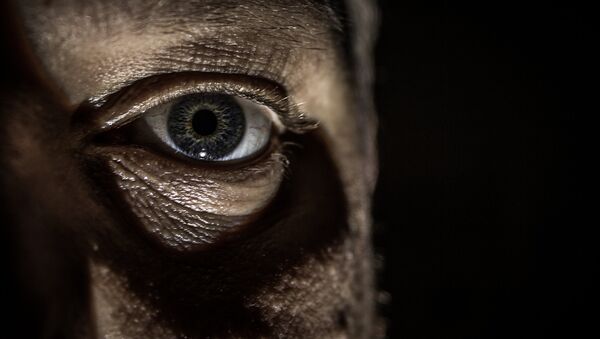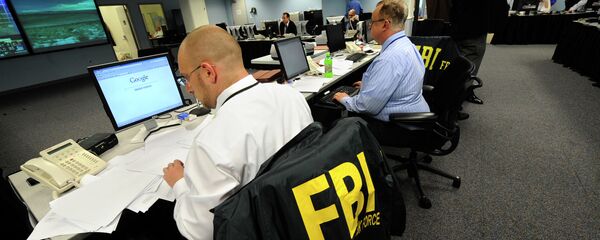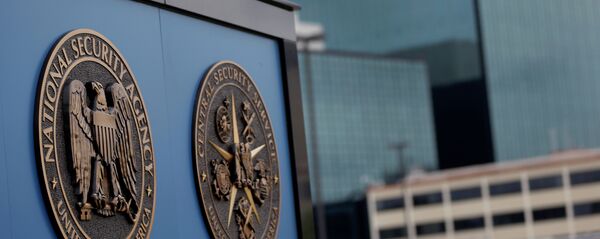The director of the Pentagon’s Defense Security Service, Daniel Payne, asserted that there is a massive problem with child pornography, and that it is necessary to know who is qualified to handle classified information.
“The amount of child porn I see is just unbelievable," Payne exclaimed to Nextgov, regarding what he finds on government-owned devices.
NSA Director of Security Kemp Ensor believes that since national security workers go online when at home, they need to be monitored there as well. Currently, intelligence and security employees are only continuously monitored on their work computers.
“That is where were we need to be, that’s where we need to mine," Ensor stated at an Intelligence and National Security Alliance symposium in Virginia last week.
Previously, national security workers were investigated every five to ten years, but now the agency has introduced a “continuous evaluation” model to sift through employees’ court records, transactions, and in some cases, social media postings.
In 2010, it was revealed by the Boston Globe that a large number of workers with high security clearances were downloading child pornography, often on government computers, including at the NSA.
Earlier this month, it was revealed that the Office of Personnel Management (OPM) will begin tracking the online posts of those applying for security clearance. The new pilot program is the latest in a series of attempts at working social media evaluations into the background check process. They will also begin continuous online evaluations of the most sensitive clearance holders.
A California-based tech company called Social Intelligence was awarded a contract by OPM in June 2015 for a preliminary program to examine the use of social media monitoring and surveillance in the clearance process.




